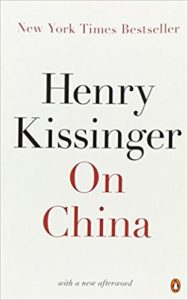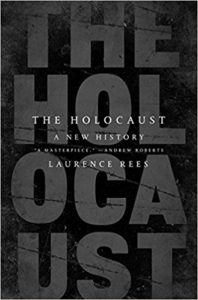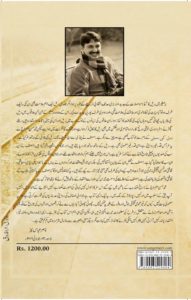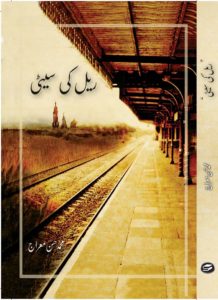How many fires are there, how many suns?
How many dawns? How many waters?
I ask this, O fathers, not to challenge.
O Sages, I ask it to know
(RigVeda Book 10, hymn 88)
Full Disclosure: I have not actually read the entire RigVeda; all I did was read multiple hymns in each of the 10 books of the RigVeda. The hymns are (as expected) very repetitive, but they do give you a picture of the culture of the Indo-Europeans who came to India around 1800 BC (or so we believe these days, this may be adjusted as ancient DNA from Indian sites yields its secrets). It is a window (and probably the most complete and most ancient window we have) into the Indo-European world that played such a huge role in the creation of the present cultures of much of Eurasia, from Western Europe to India (and beyond). The book is thus a window into our own “heroic age”, so to speak and should be of interest to all, above and beyond their obvious status as shruti (heard, i.e. revealed, as opposed to composed by latter day humans) holy books in Hinduism.
The translation I read is by Indologist Ralph Griffith, who lived most of his life in India (he was the pincipal of Benares college in the Hindu holy city of Benares) and is buried in South India (i.e. one of those Englishmen who came to India and fell in love, or like JBS Haldane, fell in love and came to India). A more recent and scholarly translation is now available but is very expensive. This one is free and available in its entirety at this site: (http://www.sacred-texts.com/hin/rigveda/index.htm)
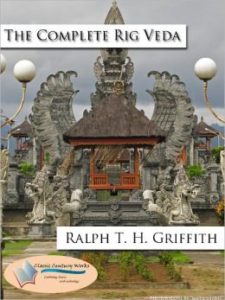 In the original Sanskrit, the hymns are arranged in stanzas and follow particular rules of rhyme and meter (hear a sample at the end of this review). They are meant to be memorized (with extreme fidelity to the text and its correct pronunciation) and then sung/recited (as they still are), in religious ceremonies and sacrifices to the Gods. In this sense, my use of them as a “window into the heroic age” has little to do with their use and status in Hinduism. But then, I am not a Hindu (unless we are following Savarkar’s definition, in which case I guess I am a little bit Hindu too). Anyhow, on with the review. Continue reading Book Review: The RigVeda
In the original Sanskrit, the hymns are arranged in stanzas and follow particular rules of rhyme and meter (hear a sample at the end of this review). They are meant to be memorized (with extreme fidelity to the text and its correct pronunciation) and then sung/recited (as they still are), in religious ceremonies and sacrifices to the Gods. In this sense, my use of them as a “window into the heroic age” has little to do with their use and status in Hinduism. But then, I am not a Hindu (unless we are following Savarkar’s definition, in which case I guess I am a little bit Hindu too). Anyhow, on with the review. Continue reading Book Review: The RigVeda

